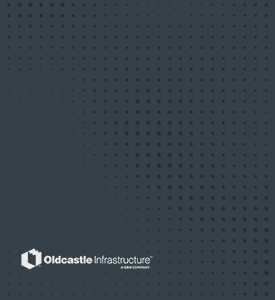The Ohio Supreme Court will hear a stormwater fee case raised by the Northeast Ohio Regional Sewer District (NEORSD) on September 9. NEORSD implemented a fee in January 2013 to pay for its separate stormwater management program, a program that helps to reduce flooding of homes and streets, erosion of roads and stream banks, and surface pollution into Lake Erie and local waterways. The fee is separate from NEORSD’s Project Clean Lake and related consent decree to reduce combined sewer overflows. Average user fees are $60.60 per year and based on a property’s impervious surface area.
However, eight communities in the Greater Cleveland area challenged the fee in court, calling it a tax that was not voted for. While the common pleas court ruled in favor of NEORSD, a ruling by the Eighth District Ohio Court of Appeals in September of 2013 overturned that decision. Now the Ohio Supreme Court will settle whether NEORSD has the authority to create and implement a regional stormwater management program and operate stormwater facilities not associated with combined sewer systems. And, should NEORSD be authorized to establish a fee for the construction, operation, and maintenance of those facilities and programs?















Thank you for sharing news of our upcoming hearing. One note, our Stormwater Program launched in January 2013.
Could you please share with me the 8 communities opposing the stormwater fee.
Hi Terry,
According to a local Cleveland news source:
““Eight communities are challenging the sewer district’s authority: Beachwood, Bedford Heights, Brecksville, Glenwillow, Independence, Lyndhurst, Oakwood and Strongsville.
In support of district, separate briefs were filed by the state, Cleveland, Cleveland MetroParks, a collection of 17 other Cuyahoga County suburbs, the Association of Ohio Metropolitan Wastewater Agencies and the National Association of Clean Water Agencies and by three other stormwater districts from around Ohio.”
http://www.cleveland.com/open/index.ssf/2014/07/sewer_districts_stormwater_fee.html
Hope this helps,
Kristina
The supreme courts in 5 other states have ruled the fees are actually taxes if mandatory, and used to generate revenues. Must be a direct benefit to person charged. Thank you.